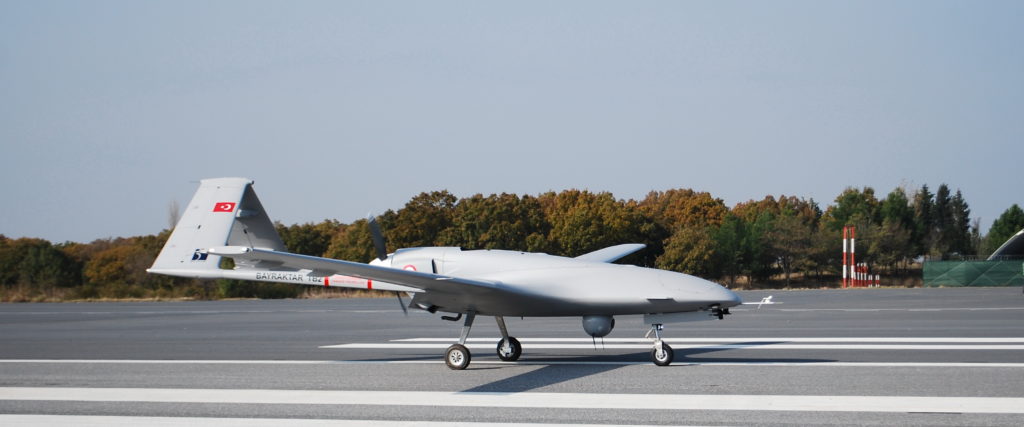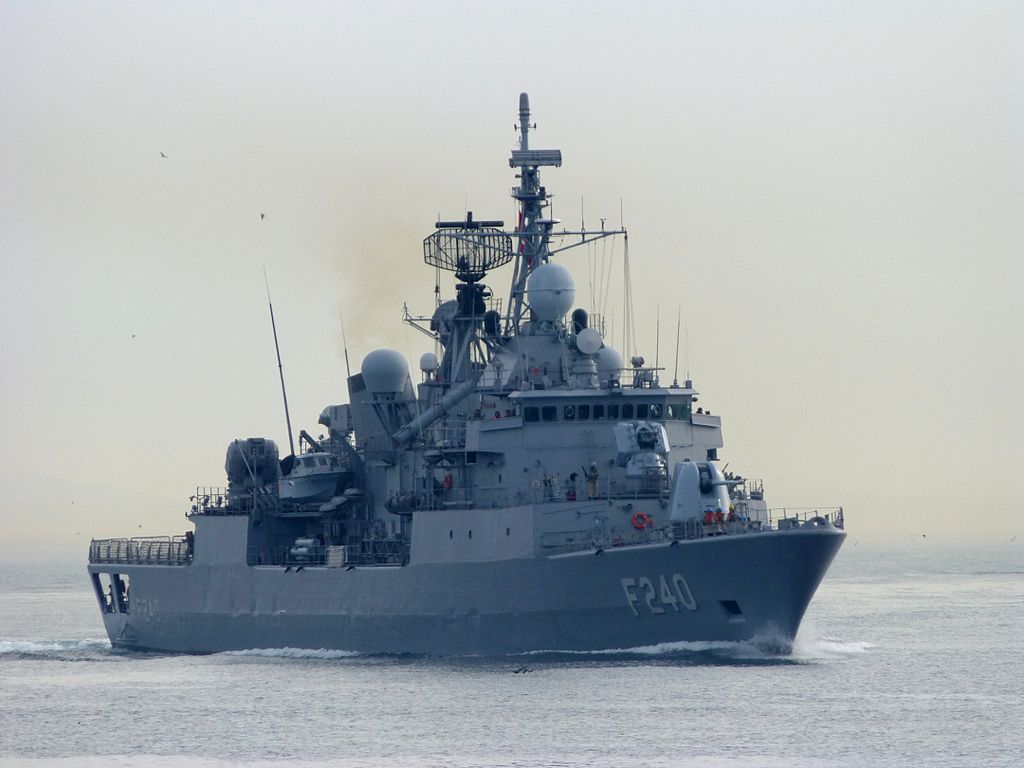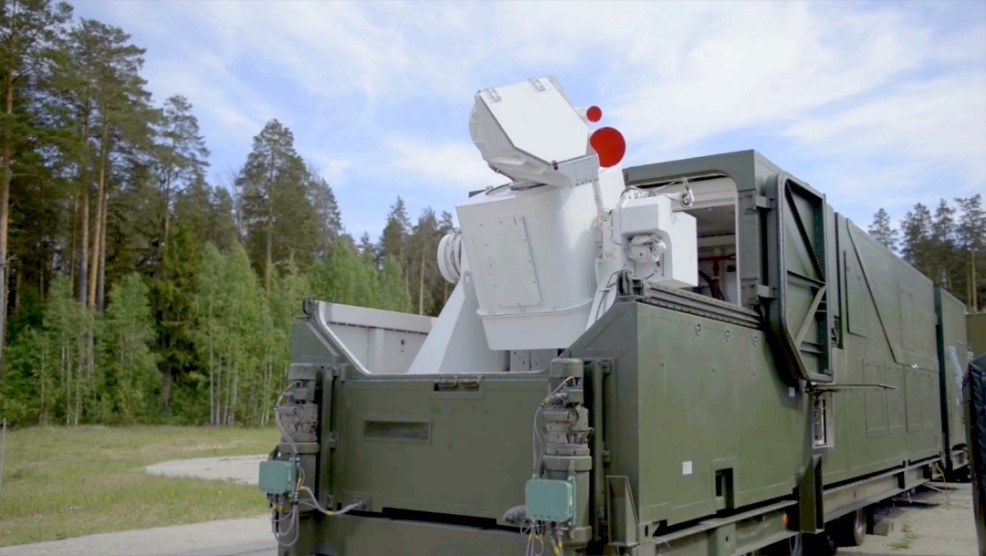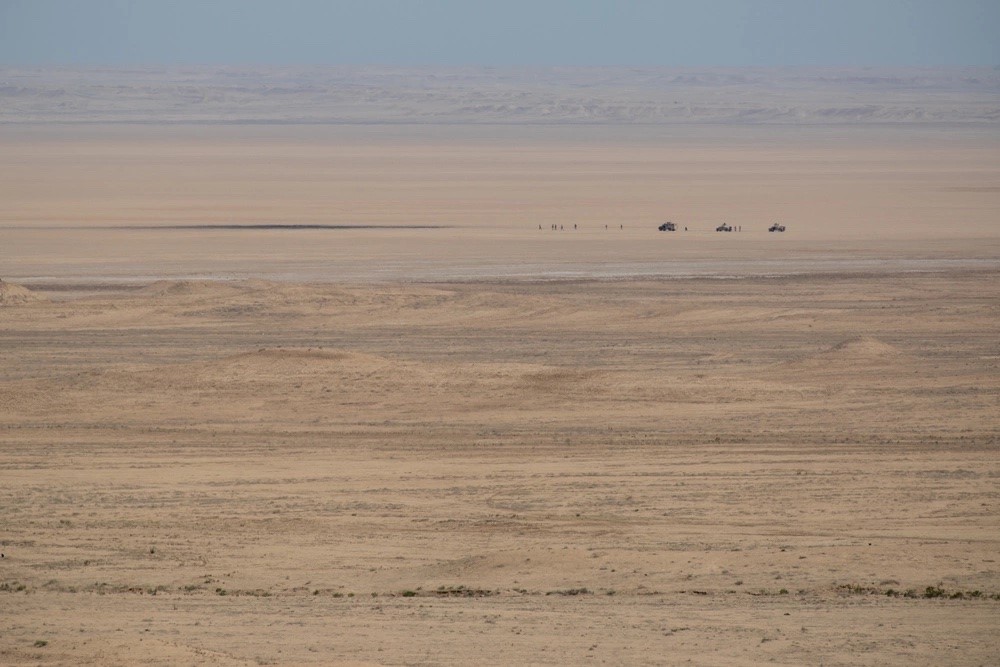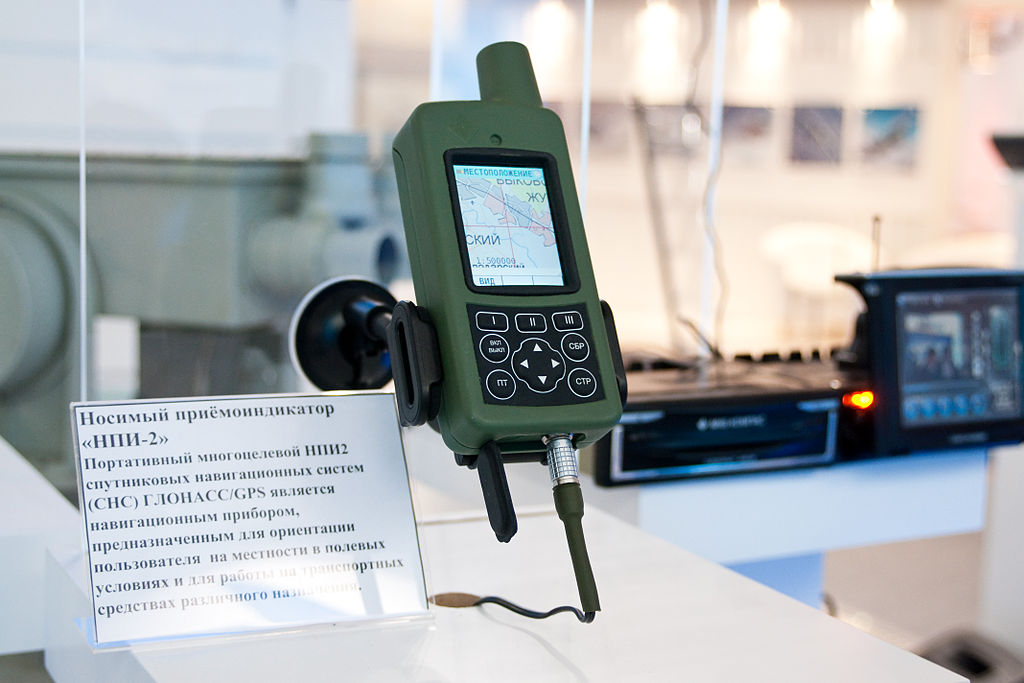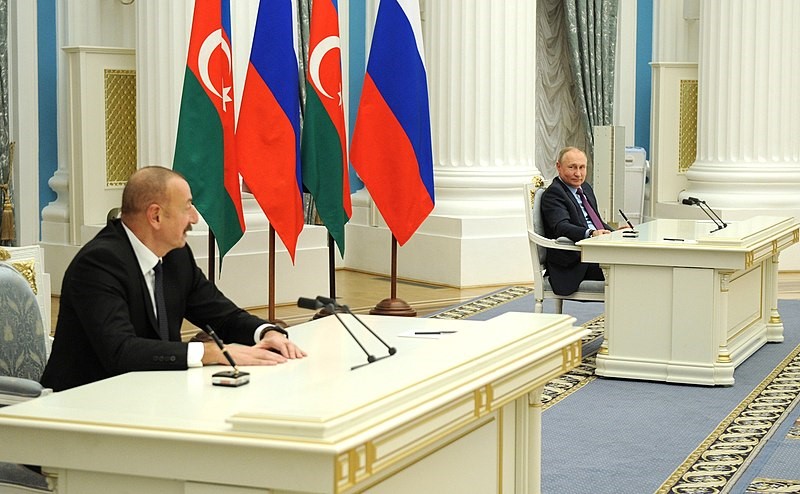“The United States is the real planner, instigator, organizer, commander and financier of the war in Ukraine.”
Chinese experts have taken to a number of domestic platforms to offer a more nuanced view of Russia’s war in Ukraine. While mainstream Chinese media has closely adhered to talking points established in the first weeks of the conflict, the accompanying excerpted articles by two retired Chinese officials suggest alternative narratives of Russia’s invasion of Ukraine. Retired officials often have the greatest capacity to speak truth to power in the Chinese system as they have no risk of damaging their careers or have sufficiently powerful friends to shield them from the worst consequences. While some may hold with the standard party line, their perspectives may provide some insights into the real conversations happening behind closed doors and signal whether the Party is continuing a particular effort or open to change. In this case, the authors, a career military officer and diplomat respectively, offer contradictory views on Russia’s success in the conflict and likely outcomes.
In the excerpted article posted on Red Culture Net, career military officer Peng Guangqian portrays the war as simply an extension of Russian-U.S. competition, with Ukraine simply an unfortunate proxy being used, as he says, as “cannon fodder. He goes on to repeat the conspiracy theory that the United States was operating biowarfare labs in Ukraine and concludes by praising Russia’s efforts and predicting a Russian victory. Peng’s military background, generation, and the fora used to publish this article suggest that he represents a more conservative thread in Chinese Communist Party thinking. His almost blind acceptance of Russia’s position should not be taken as indicative of broader Chinese support for Russia. His attitudes may be more due to his generation (for comparison Peng is 78, while President Xi Jinping is 68). Anecdotal evidence suggests that the broader Chinese public is more jaded and acknowledges Russia’s high losses, even when they accept Chinese government media narratives.
In the second excerpted article from Phoenix News, veteran diplomat Gao Yusheng examines the broader implications of the conflict. Censors quickly deleted the post, but his opinions are likely representative of a much more realistic group of retired and senior leaders. In a stark contrast with Peng’s commentary, Gao argues that Russia’s “coming defeat is increasingly clear.” He acknowledges that Putin has been trying to re-establish the Soviet Union’s sphere of influence and “has never really recognized the independence, sovereignty and territorial integrity of other former Soviet states.” He notes “Russia has frequently violated their territoriality and sovereignty” and concludes that “Russia’s political, economic, military and diplomatic power will be significantly weakened and isolated. Russia will be…punished. Russia’s power will weaken even more.” China further formalized its increasing alignment with Russia shortly before the war broke out (see “China-Russia Pledges of Deeper Cooperation Show Tangible Results,” OE Watch, #3 2022). The outbreak of war raised fierce internal debates about Russia’s chances for victory in Ukraine and the ultimate consequences of the war for China. The continuing promotion of pro-Russia narratives, and suppression of even moderate views like Ambassador Gao’s, along with other diplomatic actions, point toward a decision to stand firmly, albeit rhetorically, with Russia.
Source:
Peng Guangqian, “谁是乌克兰战场的胜利者和失败者? (Who are the Winners and Losers on the Ukrainian Battlefield?)” Red Culture Net (PRC State-approved NGO), 16 May 2022. https://web.archive.org/web/20220518222056/https://www.hswh.org.cn/wzzx/xxhq/oz/2022-05-15/75413.html
The United States is the real planner, instigator, organizer, commander and financier of the war in Ukraine. Although the United States tried its best to urgently send people, money, and guns, it failed to turn the tide of the war. U.S. military weapons have become the spoils of the Russian army, and the military advisers sent by the United States became the prisoners of the Russian army. The severe economic crisis in the United States has made things worse, and the domestic contradictions and infighting of the ruling clique have become more acute.
What makes the United States especially desperate and fearful is that the Russian army successfully conquered the biological laboratory hidden in Ukraine with the purpose of exterminating human beings, and has a large amount of ironclad evidence that the United States has long denied the secret development of biological weapons.
…
Russia’s just actions against [NATO] expansion, encirclement, and hegemony have been supported by all peace-loving forces. To measure the outcome of a war, it is not just a simple comparison of offensive and defensive situations, casualties, and positional gains and losses, but more importantly, the political underpinnings and goals of combat operations. In this contest, Russia represented the interests of the majority of the people and did not hesitate to sacrifice its nation. It not only safeguarded Russia’s own national security and strategic frontiers, but also destroyed the nest of the U.S. biological laboratories in Ukraine, exposing the evil face of the U.S. against humanity. This is a victory for Russia and a great victory for the cause of contemporary world peace and human progress. No matter what tests will be faced in the future, Russia’s brilliant achievements will be glorified in the annals of history.
Source: “中国驻乌克兰前⼤使⾼⽟⽣:俄乌战争的⾛势和对国际秩序的影响 (Former PRC Ambassador to Ukraine Gao Yusheng: The Dynamics of the Russian-Ukrainian War and the Implications for the International Order),” Phoenix News (PRC State affiliated media), 10 May 2022. https://archive.ph/20220510105105/https://news.ifeng.com/c/8Fu9YlXw7qR
The Russo-Ukrainian War is the most important international event of the post-Cold War period. It marks the end of the post-Cold War period and the beginning of a new international order. First, Russia has lost the initiative in the Russo-Ukrainian war and this failure is already apparent.
The main reasons why Russia is now heading towards defeat are:
First, after the disintegration of the Soviet Union, Russia has always been in a historical process of continuous decline. This decline is first and foremost a continuation of the decline of the Soviet Union before the disintegration, and is also related to the mistakes of the Russian ruling clique in domestic and foreign policies. Western sanctions have intensified this process. The proposition of a so-called revival or revitalization of Russia under Putin’s leadership is totally false, and the decline of Russia has manifested in its economy, military, science and technology, politics, society and other fields, with serious negative consequences for the Russian military and its combat power.
Second, the failure of the Russian blitzkrieg and the failure to achieve a quick victory signaled the beginning of the Russian defeat. The Russian military’s economic and financial strength, which are not commensurate with its status as a so-called military superpower, could not support a high-tech war costing hundreds of millions of dollars a day. The embarrassing defeat of the Russian army due to its poverty was evident everywhere on the battlefield. Every day that the war continues represents a heavy burden for Russia.
Third, Russian military and economic advantages over Ukraine have been offset by the resilience of Ukraine and the huge, sustained and effective aid provided to Ukraine. The generational differences between Russia and the U.S. and other NATO countries in terms of weapons and technology, military concepts, and modes of warfare make the advantages and disadvantages of both sides even more pronounced.
Fourth, modern wars are necessarily hybrid wars, which encompass military, economic, political, diplomatic, public opinion, propaganda, intelligence, and information fields. Russia is not only in a passive position on the battlefield, but has also lost in other areas. This means that it is only a matter of time before Russia is finally. It is only a matter of time before Russia is finally defeated.Fifth, Russia is no longer in a position to determine when and how the war will end. Russia has already failed to end the war as soon as possible to preserve its gains. In this sense, Russia has lost its strategic leading position and the initiative.

